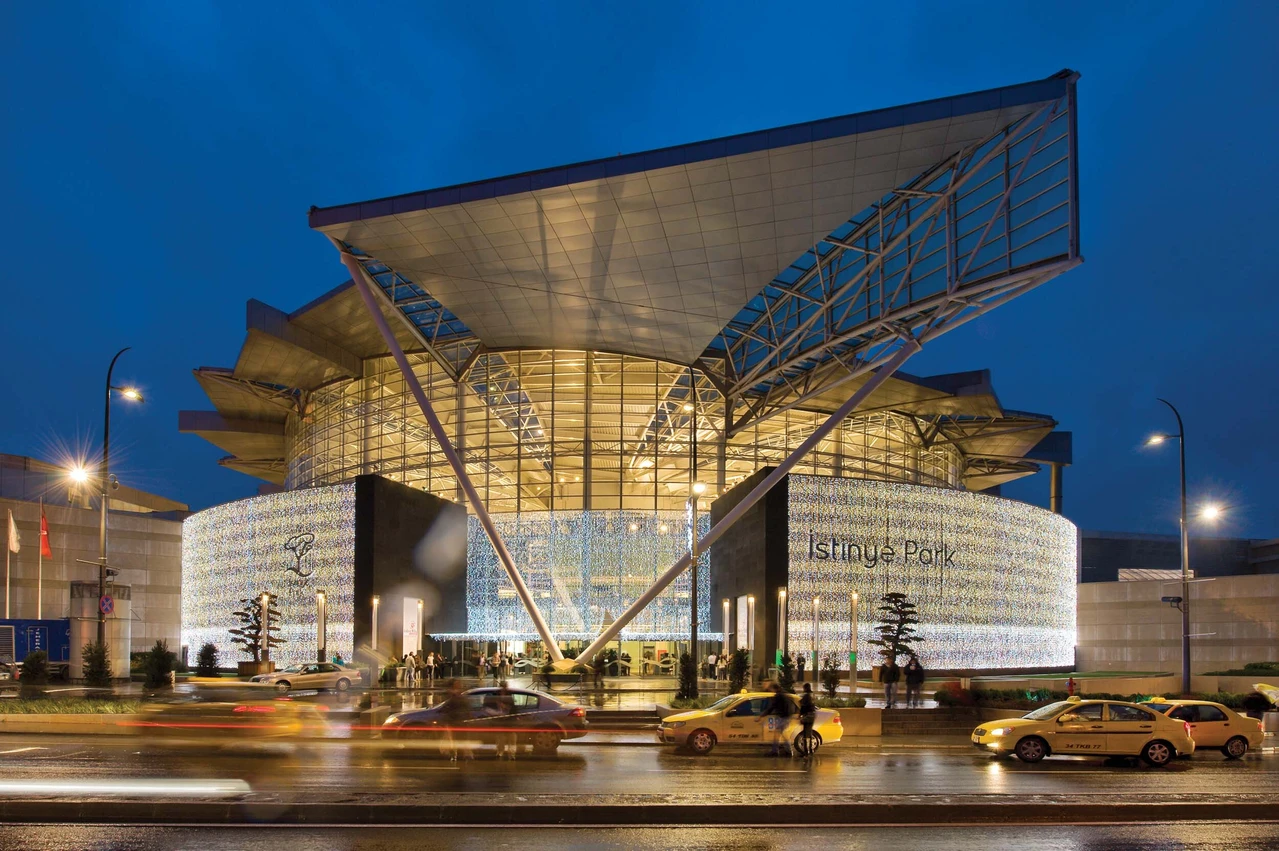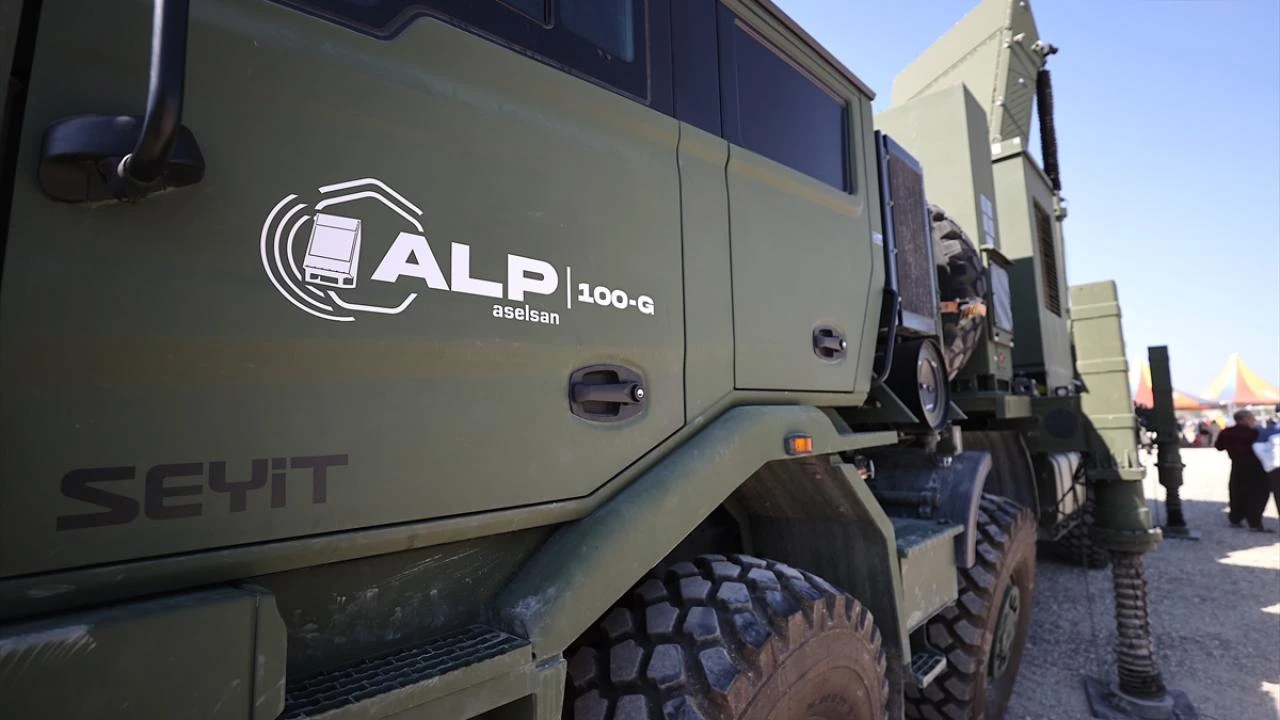Türkiye’s shopping malls shift focus: Fashion out, tech in
 Istinye Park is a shopping center in the Istinye quarter of Istanbul, Türkiye with 291 stores, 85,250 m² of retail area, and four levels of underground parking. (Residence Index Photo)
Istinye Park is a shopping center in the Istinye quarter of Istanbul, Türkiye with 291 stores, 85,250 m² of retail area, and four levels of underground parking. (Residence Index Photo)
A major shift is on the horizon for Türkiye’s shopping mall landscape, with a wave of ownership transfers expected to begin in 2025, according to industry leader Nevzat Yavan, COO of Esas Properties. This shift, driven by relaxed capital access and some investors’ desire to divest, will also coincide with changes in the malls’ category mix.
- Expected ownership changes: Yavan anticipates that the pace of sales transactions and ownership changes in Türkiye’s shopping malls will accelerate next year. The sector, which comprises nearly 450 malls with 14 million square meters of rentable space, has seen a decline in investment due to rising operational costs, including financing in foreign currency while earning in Turkish lira.
- Liquidate assets ambitions: Yavan predicts that the easing of capital access and the desire of certain investors and public institutions to liquidate assets will drive these changes, with activity increasing significantly over the next three years.
Costly transformations on horizon for old shopping malls
Another critical development in the sector is the necessity for physical transformations in older malls. Yavan noted that 30%-35% of malls in Türkiye will require renovation within the next five to 10 years due to aging infrastructure.
- Financial challenges: The cost of these transformations is substantial, with Yavan estimating that a typical mall will need $5 million to $15 million for renovations. However, securing financing remains a significant challenge, as income streams must be sufficient to support these investments.
Shifting trend in malls from fashion to logistics and tech
As part of the transformation, the category mix within malls is also expected to shift.
- Emerging categories: Yavan highlighted a decrease in fashion-related categories, with a move toward health, education, logistics and technology. New concepts include stores with large logistics spaces for online order fulfillment and the integration of tech hubs and data centers within mall complexes. Shared office spaces and diversified food and beverage offerings are also expected to grow.
Domestic growth and international expansion
Despite some foreign retailers exiting the Turkish market, Yavan observed two contrasting trends over the past year: international retailers partnering with strong local groups and local retailers expanding their footprint and launching new brands.
- Structural challenges: However, the sector faces structural challenges, particularly in meeting the growing demand for space, as many malls are already fully occupied. Addressing these issues could pave the way for new mall investments, even in regions currently without malls.



